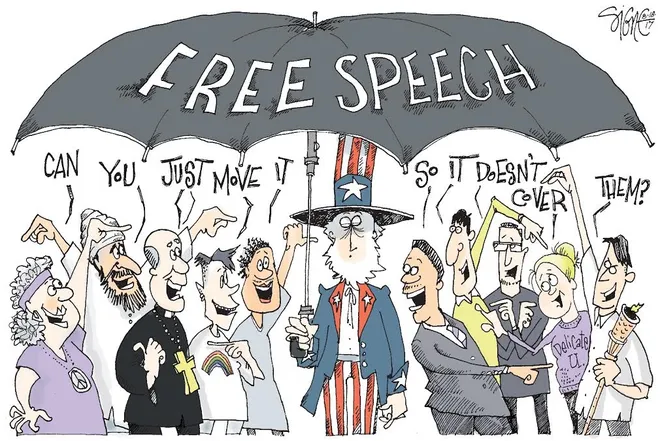January 31, 2025/midnight
Erie, Pa – The inauguration of the 47th U.S. President may have passed; however, the event’s impact lingers. Notably, the spotlight was not reserved exclusively for the new president.
Among the attendees were former U.S. presidents, prominent politicians, and three of the wealthiest men on the planet, who gathered in the Capitol Rotunda to witness Donald Trump being sworn in as the 47th president. This “billionaires’ row” included not only American CEOs like Jeff Bezos and Elon Musk but also foreign counterparts such as Bernard Arnault and Mukesh Ambani. The attendance of powerful tech CEOs and ultra–wealthy individuals is significantly different from Trump’s first presidential run, when many of them either distanced themselves or reluctantly attended summits after his victory.
The three major attendees – Elon Musk, Jeff Bezos, and Mark Zuckerberg – collectively worth close to a trillion dollars, were seated prominently in front of Trump’s cabinet picks and behind his family. This arrangement evoked a visual hierarchy of influence, suggesting that these tech leaders might play a significant role in Trump’s second term.
While politics is often intertwined with monetary power and business interests, the presence of billionaires from across the globe sent a clear message: Trump aims to position himself as a dealmaker, intending to run his administration like a business. During his inauguration speech, Trump vowed to bring America back to its “golden age,” and the presence of these ultra–wealthy individuals hinted at what this “golden age” might look like.
It is not difficult to imagine how these capitalist forces might influence the government. Under Trump, their impact could become more profound and visible. While they might address certain governmental inefficiencies, it is important to consider how they, as super–rich individuals, could exploit the system for their own benefit. For instance, Elon Musk, who spent over a quarter of a billion dollars to support Trump’s election, is likely to be in line for an official position to oversee a government–spending task force. This raises concerns about how wealthy individuals could buy power and influence, despite lacking the expertise required to manage complex government systems (which are not really like a business). Musk even drew condemnation for making a Nazi salute during a gathering of Trump supporters at the Capital One Arena in Washington.
Throughout his campaign, Trump positioned himself as a populist, a “common man” championing conservative policies to protect the “common people.” However, the guest list at his inauguration painted a contrasting picture. The new president will need to prove whether his promised tax cuts will genuinely benefit the working class or primarily favor the world’s richest individuals. Ultimately, it will be up to the American people, including those who voted for him, to hold him accountable and ensure that he prioritizes their needs over the interests of the wealthy elite from Day 1.








